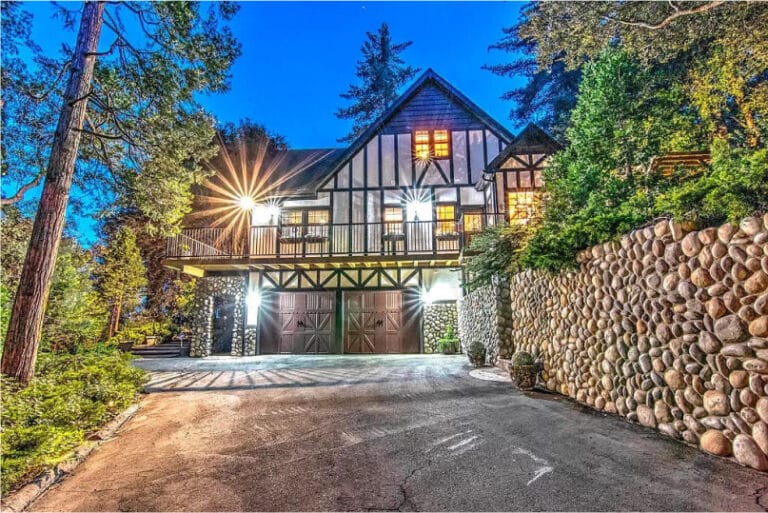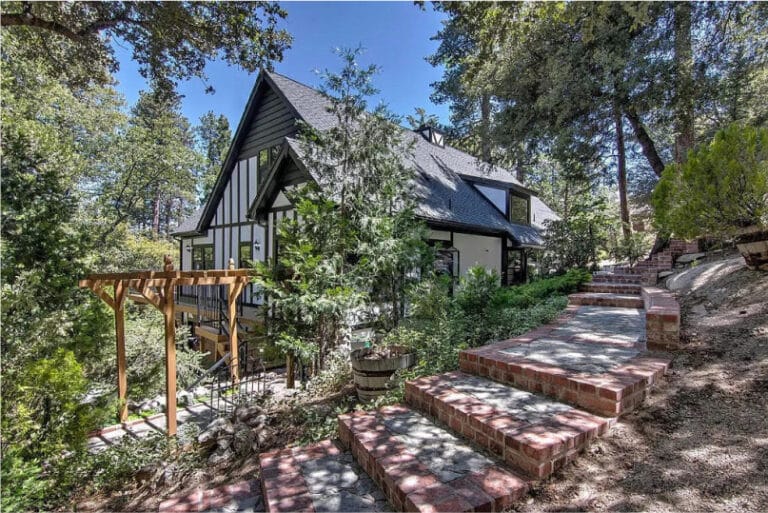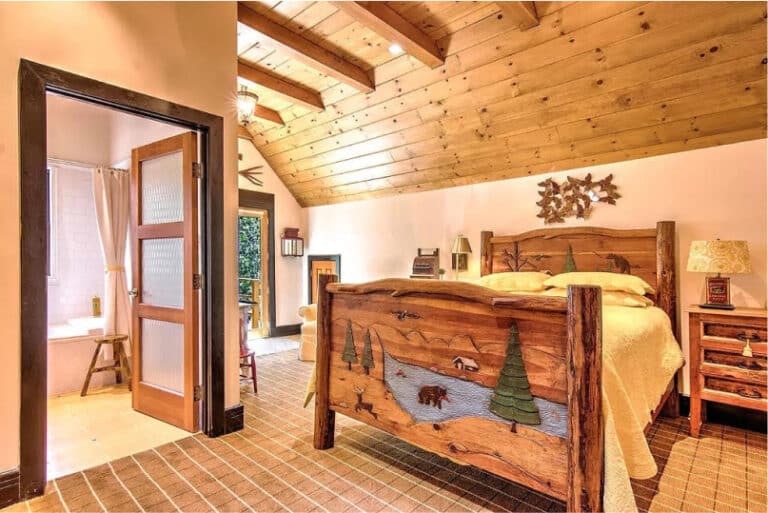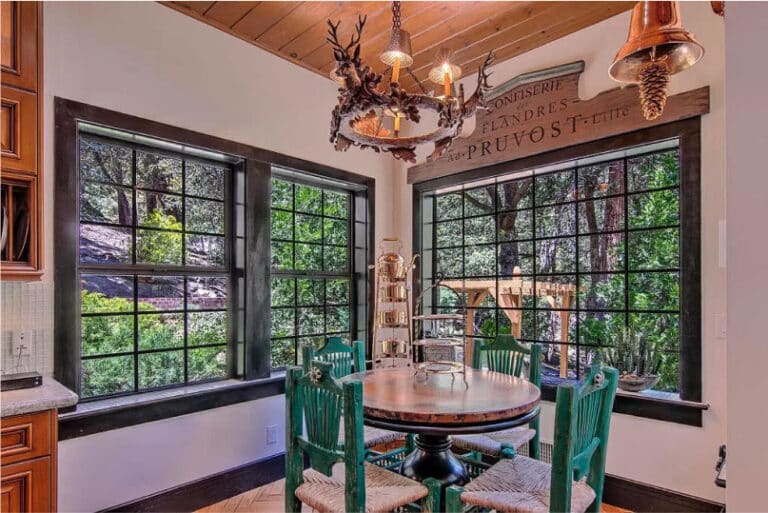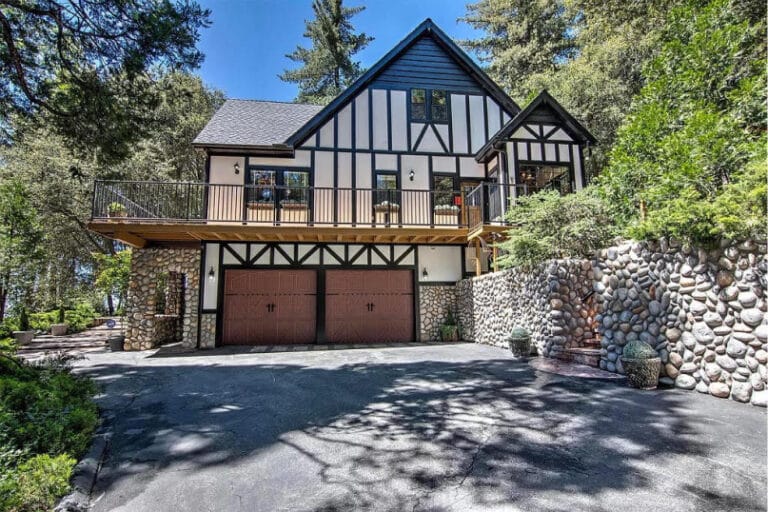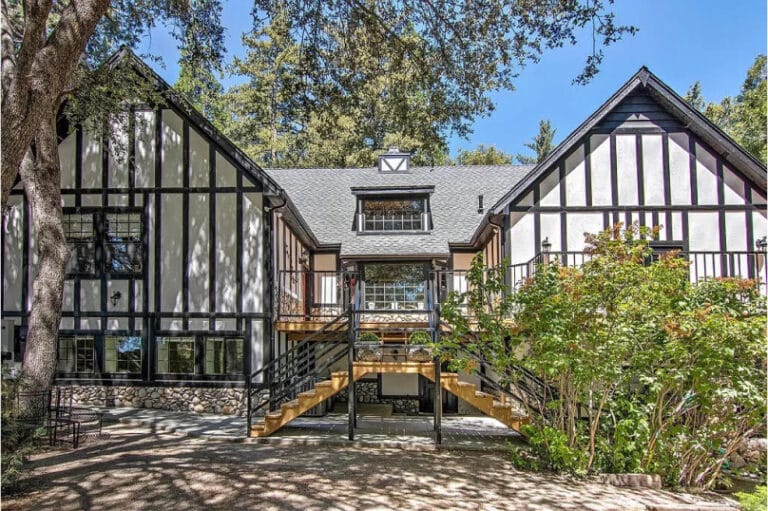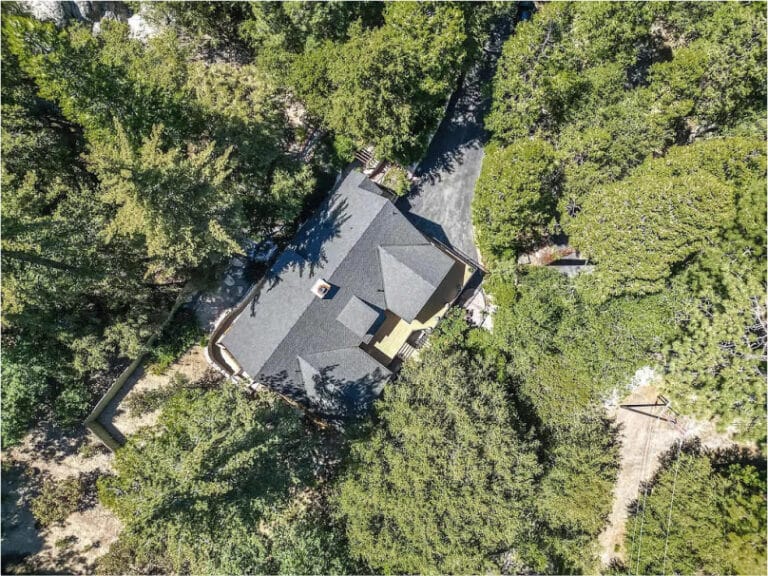Bipolar Disorder
Mental Health Treatment in California | Mountain Retreat





Holistic Treatment Center for Bipolar Disorder in California
Are you struggling with symptoms of bipolar disorder that are impacting your daily life? You’re not alone. Mental Health Residential at the Wood Dragon offers a sanctuary of healing in the San Jacinto mountains for those seeking holistic treatment for bipolar disorder and other mental health conditions. Our mental health retreat and residential treatment center in Idyllwild, California, is a unique experience, harnessing the healing powers of nature and ancient alternative practices to offer true healing and transformation.
If you’re looking for a treatment center or mental health retreat that accepts insurance, Mental Health Residential at the Wood Dragon accepts most major insurance providers.
It’s Okay To Ask For Help. If you’re ready to take the next step toward healing, contact Mental Health Residential at the Wood Dragon today to learn more about our treatment programs.
Types of Bipolar Disorder
Bipolar disorder is a complex mental health condition that manifests in different forms, each with its own unique challenges and treatment needs. At Mental Health Residential at the Wood Dragon, we recognize that no two individuals experience bipolar disorder in the same way. That’s why we provide personalized, holistic treatment plans tailored to each person’s condition’s specific type and severity. Whether you’re facing the intense highs of mania or the crushing lows of depression, our comprehensive approach is designed to support your journey toward balance and well-being.

1. Bipolar I Disorder
Bipolar I is characterized by severe manic episodes that can last for at least a week and often require hospitalization. These episodes may include heightened energy, impulsive behavior, and, in some cases, psychosis—a break from reality involving hallucinations or delusions. Individuals with Bipolar I often also experience periods of deep depression, making the mood swings even more extreme and disruptive.
At Mental Health Residential at the Wood Dragon, we focus on stabilizing mood episodes through a combination of medication management, psychotherapy, and holistic therapies like mindfulness and acupuncture, helping individuals regain control over their emotional health.
2. Bipolar II Disorder
Bipolar II involves hypomanic episodes—a milder form of mania that doesn’t typically lead to psychosis but can still cause significant shifts in mood and behavior. These periods are often followed by profound depressive episodes that can be just as debilitating as those experienced in Bipolar I. Many individuals with Bipolar II struggle with feelings of worthlessness, fatigue, and difficulty maintaining daily routines.
Our team at Mental Health Residential at the Wood Dragon offers targeted therapeutic interventions to manage these mood swings, focusing on emotional regulation, coping strategies, and holistic treatments like traditional Chinese medicine and meditation to support long-term mental wellness.



3. Cyclothymic Disorder (Cyclothymia)
Cyclothymic disorder is a milder form of bipolar disorder characterized by chronic mood fluctuations that don’t meet the criteria for full manic or depressive episodes. While the symptoms may seem less severe, persistent mood instability can significantly affect relationships, work, and quality of life. Through personalized care plans, we help individuals with cyclothymia develop strategies for mood stabilization and emotional resilience, blending evidence-based therapies with holistic approaches to promote overall mental health.
4. Other Specified and Unspecified Bipolar Disorders
Some individuals may not fit neatly into the diagnostic criteria for Bipolar I, II, or cyclothymia but still experience significant mood disturbances that impact their lives. These cases are often categorized as Other Specified or Unspecified Bipolar Disorders.
At Mental Health Residential at the Wood Dragon, we understand the nuances of these conditions and provide comprehensive assessments to ensure that each individual receives the most effective, customized treatment plan.


Managing Manic, Hypomanic, and Depressive Episodes
One of the most challenging aspects of bipolar disorder is navigating the extreme mood fluctuations that can disrupt daily life. Whether it’s the heightened energy and impulsiveness of manic episodes, the agitation of hypomania, or the crushing weight of depression, our team at Mental Health Residential at the Wood Dragon is here to help you find balance.
Our approach to mood stabilization combines medication management when necessary with a wide range of holistic therapies designed to address the mind, body, and spirit. Through experiential therapies, mindfulness practices, and supportive counseling, we empower our residents to:
- Gain control over emotional responses
- Develop healthy coping mechanisms
- Recognize early warning signs of mood shifts
- Build resilience for long-term stability
No matter where you are on your journey, Mental Health Residential at the Wood Dragon offers a compassionate, supportive environment where you can work towards healing and reclaiming your life from the challenges of bipolar disorder.
Residential Bipolar Disorder Treatment
At Mental Health Residential at the Wood Dragon, we recognize the intricate nature of mood disorders like bipolar disorder. We embrace their complexity with a nuanced, multidimensional treatment philosophy.
Our residential mental health retreat and treatment program in Idyllwild offers unique treatment for each resident, interweaving time-honored practices with innovative holistic approaches.
This rich tapestry of care tends to every facet of treating bipolar disorder—mind, body, and spirit.

1. Personalized Treatment Plans
Each resident at Mental Health Residential at the Wood Dragon receives a personalized treatment plan developed in collaboration with our multidisciplinary team of mental health professionals. This team includes psychiatrists, psychologists, therapists, and holistic health practitioners who work together to create a plan that addresses your specific needs and goals.
Our evidence-based therapeutic offerings include but are not limited to cognitive-behavioral therapy (CBT), dialectical behavior therapy (DBT), and medication management, integrated with holistic approaches such as acupuncture, traditional Chinese medicine, mindfulness practices, and so much more.
2. Natural Healing in The Mounatins of Idyllwild
Our beautiful San Jacinto Mountains location provides a peaceful, rejuvenating environment conducive to recovery and long-term change. Located about 100 miles east of Los Angeles, Mental Health Residential at the Wood Dragon is part of the Inland Empire in Southern California. It is known for its scenic beauty, outdoor recreation, and arts community.
The natural surroundings of the landscape in Idyllwild create the perfect backdrop for therapeutic exercises and personal reflection away from the hustle and stress of daily life. Residents can take advantage of our extensive grounds for hiking, meditation, and outdoor therapy sessions, designed to enhance the treatment experience and promote overall well-being.


Begin Your Restorative Journey In Idyllwild
If you’re struggling with bipolar disorder and seeking a unique and unforgettable healing experience in California, contact Mental Health Residential at Mental Health Residential at the Wood Dragon today.
Our team will guide you through each step of the process. Healing is possible; you don’t have to walk this journey alone.
Unique Approach to Bipolar Disorder Treatment
at Mental Health Residential at the Wood Dragon
What sets Mental Health Residential at Mental Health Residential at the Wood Dragon apart from other bipolar disorder retreat centers and residential treatment programs? Perhaps the most unique facet of our program is our commitment to holistic and alternative healing modalities for a well-rounded, deep, and impactful treatment experience.
At Mental Health Residential at Mental Health Residential at the Wood Dragon, we believe in treating the whole person, not just individual symptoms. Our alternative therapeutic modalities like acupuncture and Tai Chi complement traditional treatments and holistically support the journey to mental and physical health. Here’s a deeper look at how our retreat-like mental health treatment experience differs from others:

1. Alchemy
At Mental Health Residential at the Wood Dragon, we draw inspiration from the ancient practice of alchemy, a spiritual discipline centered on transformation. Alchemy teaches us to transform the lead weight of suffering, illness, and emotional turmoil into the golden light of wisdom, compassion, and insight. This philosophy underpins our approach to bipolar disorder treatment, encouraging individuals to embrace their healing journey and cultivate personal growth from within.
2. Acupuncture
Acupuncture is one of the renowned holistic therapies offered at Mental Health Residential at Mental Health Residential at the Wood Dragon. This ancient practice involves the insertion of thin needles into specific points on the body to balance the flow of energy, or Qi. Acupuncture can help reduce stress, alleviate symptoms of anxiety and depression, and promote overall emotional balance. Many of our guests find that regular acupuncture sessions significantly enhance their recovery.



3. Traditional Chinese Medicine (TCM)
Traditional Chinese Medicine (TCM) is another cornerstone of our holistic treatment approach. TCM includes various practices, such as herbal medicine, dietary therapy, and Tai Chi. These practices aim to restore harmony within the body and mind, support the natural healing process, and improve overall health. Our experienced practitioners create individualized TCM plans that align with each individual’s treatment goals and health needs.
4. Mindfulness and Meditation
Mindfulness and meditation are integral components of our holistic treatment program. These practices help individuals develop greater awareness of their thoughts and emotions, fostering a sense of calm and stability. Our guests are given valuable tools to manage stress, improve emotional regulation, and enhance their mental health by engaging in regular guided meditation sessions and mindfulness practices.



5. Community Support
Community and connection are vital to the healing process at Mental Health Residential at the Wood Dragon. Our holistic residential treatment program in California fosters a supportive and inclusive environment where residents can build meaningful relationships with peers who understand their struggles. Group therapy sessions, communal activities, and social events allow individuals to share their experiences, gain support, and develop a sense of belonging.
6. Family Support & Involvement
We also recognize the importance of involving family members in the treatment process. Our treatment team is passionate about working with family members and coordinating treatment that is designed to help loved ones understand bipolar disorder, learn effective communication strategies, and develop skills to support their family member’s recovery journey. We aim to strengthen family relationships and create a supportive network for long-term recovery by fostering a collaborative approach unique to each resident’s situation.


How To Support A Loved One With Bipolar Disorder
Navigating the complexities of bipolar disorder can be challenging, especially when supporting a loved one. By embracing a thoughtful and proactive approach, you can make a significant difference in their journey to stability and well-being. Here are some ways you can be there for your loved one as they navigate the complexities of a bipolar disorder diagnosis:

1. Offer Emotional Support
Research indicates that emotional support can significantly positively impact overall psychological health in individuals with bipolar disorder. When supporting someone you love with bipolar disorder, do your best to be a source of comfort and understanding. Listen to your loved one without judgment and validate their feelings. Bipolar disorder can cause intense emotional fluctuations, so it’s essential to remain calm and empathetic.
2. Encourage Treatment
Studies show that consistent adherence to treatment significantly improves long-term outcomes for those with bipolar disorder. You can support your loved one by encouraging them to adhere to their treatment plan, which may include attending therapy sessions and taking prescribed medications. Offer to help schedule appointments or provide transportation if needed, and remind them of the importance of maintaining their treatment regimen.



3. Educate Yourself
According to research, family members who are well-informed about bipolar disorder are better equipped to support their loved ones effectively. Learn as much as you can about bipolar disorder. Understanding the symptoms, triggers, and treatment options will help you provide better support and recognize when professional intervention is needed. Educating yourself can help mitigate potential triggers and provide informed assistance during episodes.
Best Treatments for Bipolar Disorder
Bipolar disorder is typically treated with a combination of medication, psychotherapy, and lifestyle changes. The best treatment plans are personalized and may include the following components:

1. Medication Management & Autonomy
Medications such as mood stabilizers, antipsychotics, and antidepressants are often prescribed to help manage the symptoms of bipolar disorder. Research supports the use of these medications in helping to reduce the severity of symptoms like mania and depressive episodes associated with bipolar disorder.
At Mental Health Residential at the Wood Dragon, the psychiatric team works closely with each resident to find the most effective medication regimen. We aim to support clients in reaching their goals with medication management, whether that includes transitioning on or off psychiatric medications or learning to take medications independently.
2. Psychotherapy
Therapies such as CBT and DBT are effective in helping individuals with bipolar disorder manage their symptoms, develop coping strategies, and improve their overall quality of life. These therapies address negative thought patterns, emotional regulation, and interpersonal skills.



3. Holistic Therapies
Incorporating holistic therapies such as acupuncture, TCM, mindfulness, and meditation can enhance traditional treatment methods and improve outcomes. These therapies promote overall well-being and help manage stress and emotional balance.
We Accept Most Major Insurance Providers






When Should You Consider Residential Treatment for Bipolar Disorder?
Recognizing the need for treatment is a critical step in prioritizing your mental health and managing bipolar disorder. When untreated or not managed properly, this condition can significantly impact an individual’s quality of life. Timely intervention and adequate treatment can help prevent further complications that may have long-term consequences. Here are some signs that more intensive treatment may be the best option:
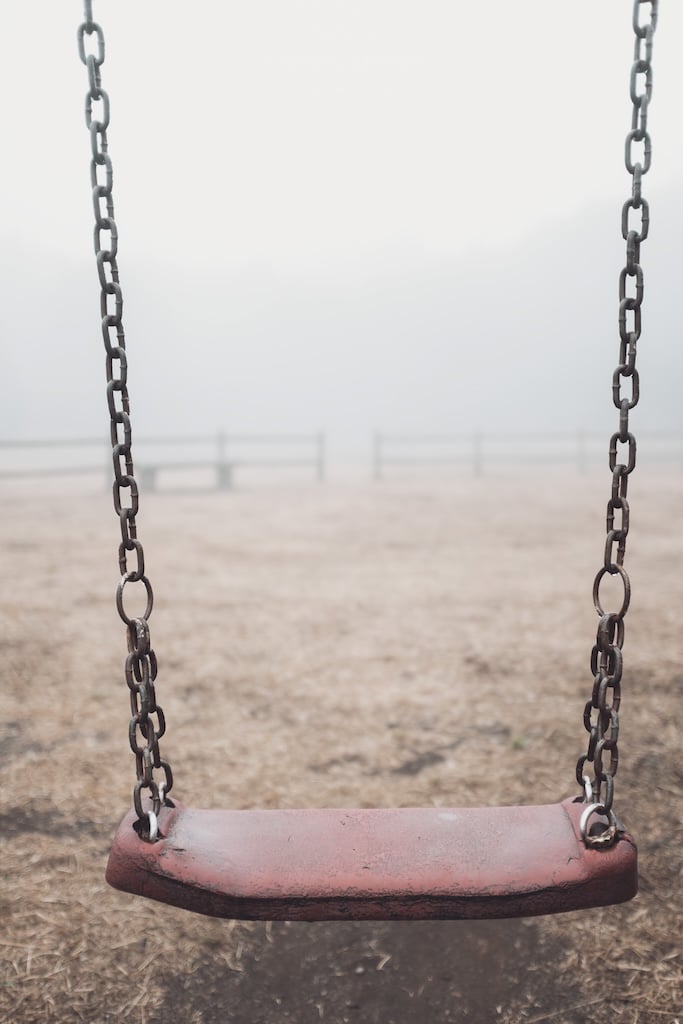
1. Severe Mood Swings
Frequent and intense mood swings that interfere with daily life can indicate the need for more intensive professional treatment. These mood swings may include episodes of mania, characterized by excessive energy, reduced need for sleep, and impulsive behavior, as well as episodes of depression, marked by feelings of hopelessness, fatigue, and loss of interest in activities. If these mood swings disrupt daily functioning, seeking help is typically recommended.
2. Impaired Functioning
When bipolar disorder begins to affect your ability to work, maintain relationships, or perform daily activities, it’s time to ask for help. Impaired functioning can appear in an individual’s life as difficulty concentrating, completing tasks, maintaining personal hygiene, or experiencing significant relationship conflicts due to mood instability. These signs suggest that bipolar disorder is severely impacting your life, and professional support and intervention would be highly beneficial.



3. Suicidal Thoughts
If you or your loved one experiences suicidal thoughts or is engaging in suicidal behaviors, immediate intervention is essential. Suicidal ideation is a severe symptom of bipolar disorder and requires prompt attention from mental health professionals to prevent any potentially life-threatening consequences. Contact a mental health professional or crisis hotline for support if these thoughts occur.
4. Lack of Response to Previous Treatments
Lack of response to medication, therapy, or outpatient care can indicate that a higher level of care is needed to stabilize mood and best manage symptoms. If previous treatments and weekly outpatient individual therapy sessions have not effectively managed symptoms, consider a residential mental health treatment program. Residential treatment centers or inpatient mental health programs like Mental Health Residential at the Wood Dragon offer more intensive, 24/7 support for individuals struggling with more severe symptoms.
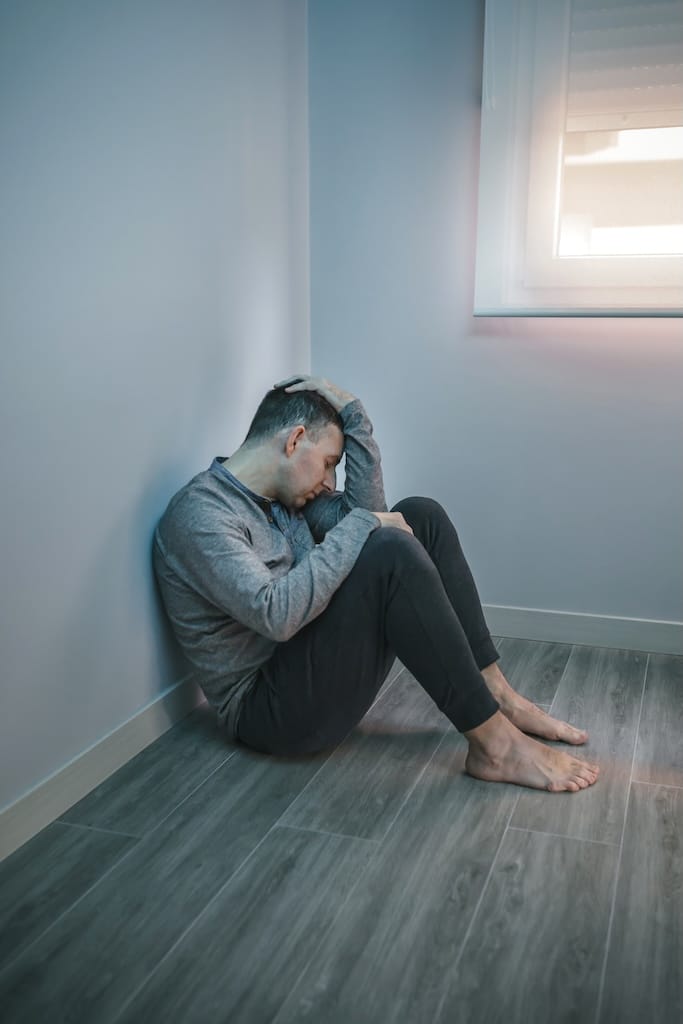


5. Persistent Depression or Mania
Prolonged periods of depression or mania that do not subside with standard treatment options suggest the need for more intensive care. Persistent symptoms of depression or mania may include:
- Ongoing sadness
- Lack of energy
- Feelings of worthlessness
- Prolonged periods of extreme euphoria
- Irritability
- Risky behaviors
6. Increased Frequency of Episodes
An increase in the frequency of manic or depressive episodes, despite ongoing treatment, is a sure sign that your current treatment plan may need to be re-evaluated. More frequent episodes can lead to greater instability and higher risks of complications, indicating the need for a more intensive treatment approach.



7. Substance Abuse
Prolonged periods of depression or mania that do not subside with standard treatment options suggest the need for more intensive care. Persistent symptoms of depression or mania may include:
- Ongoing sadness
- Lack of energy
- Feelings of worthlessness
- Prolonged periods of extreme euphoria
- Irritability
- Risky behaviors
8. Co-Occurring Psychotic Symptoms
Experiencing psychosis or psychotic symptoms, such as hallucinations or delusions, during manic or depressive episodes is a severe indication that more intensive treatment is required. These symptoms can be dangerous and require immediate professional intervention.
If you or a loved one is struggling to manage bipolar disorder, you’re not alone. Mental Health Residential at Mental Health Residential at the Wood Dragon is committed to supporting you through each phase of your journey to recovery. Contact us today to learn more about our unique treatment options and to verify your insurance coverage. Join us on the journey toward holistic healing and wellness.
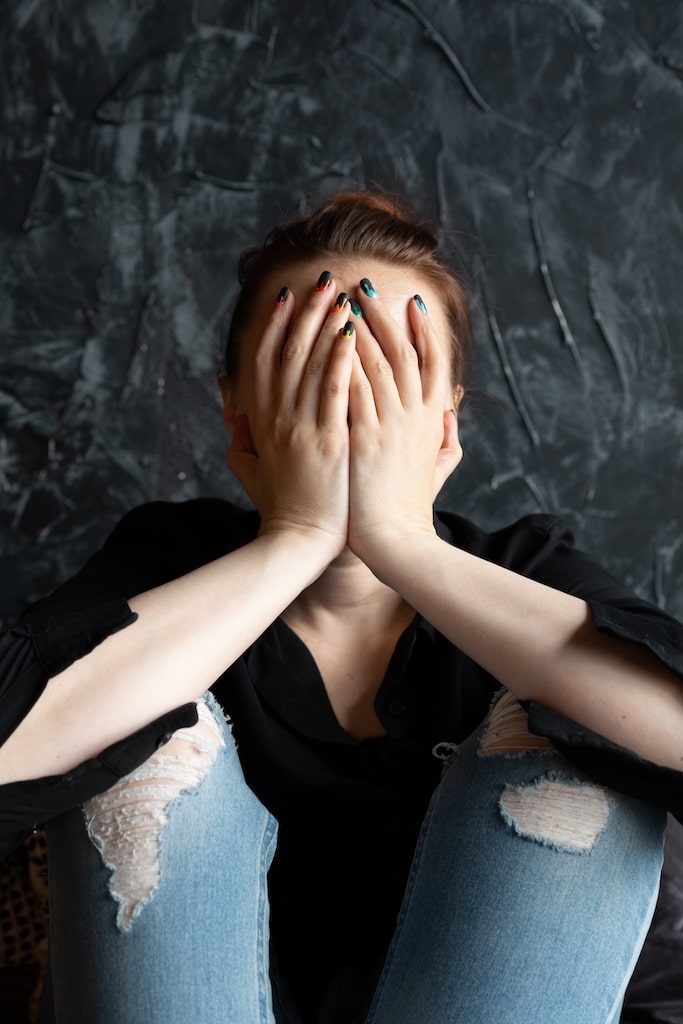

National Crisis Hotlines
If you or a loved one is experiencing a mental health crisis, contact a trusted mental health professional or contact one of the following crisis hotlines for support:
- National Suicide Prevention Lifeline: 1-800-273-TALK (8255) or 988
- Crisis Text Line: Text HOME to 741741
- National Alliance on Mental Illness (NAMI) Helpline: 1-800-950-NAMI (6264)
- Veterans Crisis Line: 1-800-273-8255 and press 1 or text 838255
Don’t wait—if you are experiencing a mental health emergency or crisis, call these hotlines for immediate help.

Ready To Take Back Your Life?
Healing is Possible. You’re Not Alone.
Contact us today to learn more about our bipolar disorder retreat covered by insurance. Our team is dedicating to easing you through the admissions process so you can get the help you need.
Why Choose Mental Health Residential at the Wood Dragon For Holistic Bipolar Disorder Treatment?
Choosing the right treatment center for bipolar disorder is a crucial decision. Mental Health Residential at the Wood Dragon offers a unique blend of traditional and holistic therapies in a serene and supportive environment. Our commitment to individualized care, combined with our expertise in treating bipolar disorder, makes us one of the leading residential treatment centers for bipolar disorder in California.

1. A Retreat for Healing
Our location in Idyllwild provides a tranquil retreat away from the stressors of daily life, allowing guests to focus entirely on their recovery and healing journey. The natural beauty of the San Jacinto Mountains in Southern California, combined with our beautiful nature resort-style facilities and compassionate team of mental health professionals, creates an ideal setting for healing and growth.
2. Holistic & Evidence-Based Therapies
We believe in integrating holistic and alternative therapies with evidence-based approaches to provide the most effective care for our residents. Our multifaceted approach addresses the whole person, healing body, mind, and spirit, ensuring that all health and well-being are supported. Experience the healing powers of nature with ancient practices like acupuncture and traditional Chinese medicine to begin crafting your journey toward healing and reclaiming your life.



3. Mental Health Retreat Covered by Insurance
Mental Health Residential at the Wood Dragon is proud to offer bipolar disorder treatment in a retreat-like setting covered by insurance, making our services accessible to more individuals seeking help. We work with various major insurance providers and offer assistance with the insurance verification and admission process.
4. Clinician-Led Treatment Teams
Our treatment team at Mental Health Residential at the Wood Dragon consists of highly trained clinicians, including psychiatrists, psychologists, and holistic health practitioners. Together, they collaborate to create personalized treatment plans that address not only the symptoms of bipolar disorder but also the unique needs of each resident. This comprehensive approach ensures that residents receive the best possible care throughout their stay.



5. Aftercare for Long-Term Recovery
At Mental Health Residential at the Wood Dragon, we understand that recovery doesn’t end when treatment is complete. For this reason, we emphasize the importance of aftercare to maintain the progress made during residential treatment. Our aftercare plans include continued therapy, support groups, and connections to outpatient services such as intensive outpatient programs (IOP) or partial hospitalization programs (PHP). These programs offer structured support while gradually allowing individuals to reintegrate into daily life.
Begin Your Restorative Journey In Idyllwild
If you’re struggling with bipolar disorder and seeking a unique and unforgettable healing experience in California, contact Mental Health Residential at Mental Health Residential at the Wood Dragon today.
Our team will guide you through each step of the process. Healing is possible; you don’t have to walk this journey alone.
Frequently asked Questions
What is the average age of death for a person with bipolar disorder?
The average age of death for individuals with bipolar disorder is often lower than the general population, primarily due to the increased risk of suicide and medical comorbidities. On average, individuals with bipolar disorder may have a reduced life expectancy of about 9-20 years. It is crucial to seek effective treatment and support to manage the disorder and improve overall health and longevity.
What is end-stage bipolar disorder?
End-stage bipolar disorder refers to the most severe phase of the condition, where symptoms become incredibly debilitating and challenging to manage. This stage may include frequent and severe mood swings, psychotic episodes, and significant impairment in functioning. Comprehensive and intensive treatment is necessary to manage symptoms and improve quality of life.
What is currently the most effective treatment for bipolar disorder?
The most effective treatment for bipolar disorder typically involves a combination of medication and psychotherapy. Medications such as mood stabilizers, antipsychotics, and antidepressants are commonly used to manage symptoms. Psychotherapy, including cognitive-behavioral therapy.
References
- Fowler, K., & Dooley, K. E. (2023). Positive mental health in adults with bipolar disorder: exploring social support subtypes, negative social interactions and potential to flourish. BMC psychiatry, 23(1), 759. Retrieved from: https://www.ncbi.nlm.nih.gov/pmc/articles/PMC10580554/
- Chakrabarti S. (2016). Treatment-adherence in bipolar disorder: A patient-centred approach. World journal of psychiatry, 6(4), 399–409. Retrieved from: https://www.ncbi.nlm.nih.gov/pmc/articles/PMC5183992/
- Sharif, F., Mahmoudi, A., Shooshtari, A. A., & Vossoughi, M. (2016). The Effect of Family-Centered Psycho-Education on Mental Health and Quality of Life of Families of Adolescents with Bipolar Mood Disorder: A Randomized Controlled Clinical Trial. International journal of community based nursing and midwifery, 4(3), 229–238. Retrieved from: https://www.ncbi.nlm.nih.gov/pmc/articles/PMC4926002/
- Aung, S. K., Fay, H., & Hobbs, R. F., 3rd (2013). Traditional Chinese Medicine as a Basis for Treating Psychiatric Disorders: A Review of Theory with Illustrative Cases. Medical acupuncture, 25(6), 398–406. Retrieved from: https://www.ncbi.nlm.nih.gov/pmc/articles/PMC3870484/
- Chiang, K. J., Tsai, J. C., Liu, D., Lin, C. H., Chiu, H. L., & Chou, K. R. (2017). Efficacy of cognitive-behavioral therapy in patients with bipolar disorder: A meta-analysis of randomized controlled trials. PloS one, 12(5), e0176849. Retrieved from: https://www.ncbi.nlm.nih.gov/pmc/articles/PMC5417606/
- Gould, T. D., Chen, G., & Manji, H. K. (2002). Mood stabilizer psychopharmacology. Clinical neuroscience research, 2(3-4), 193–212. Retrieved from: https://www.ncbi.nlm.nih.gov/pmc/articles/PMC3375057/
